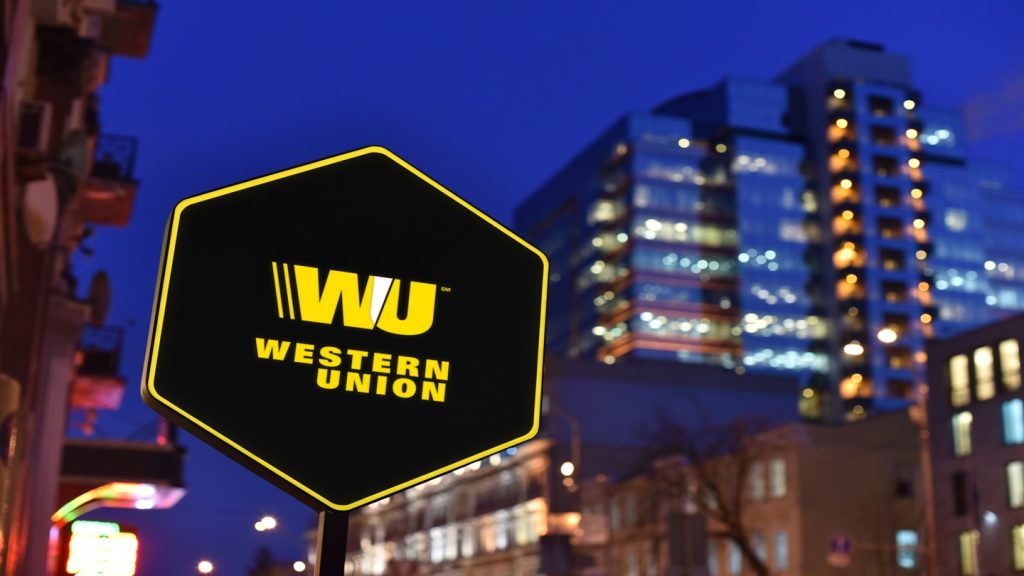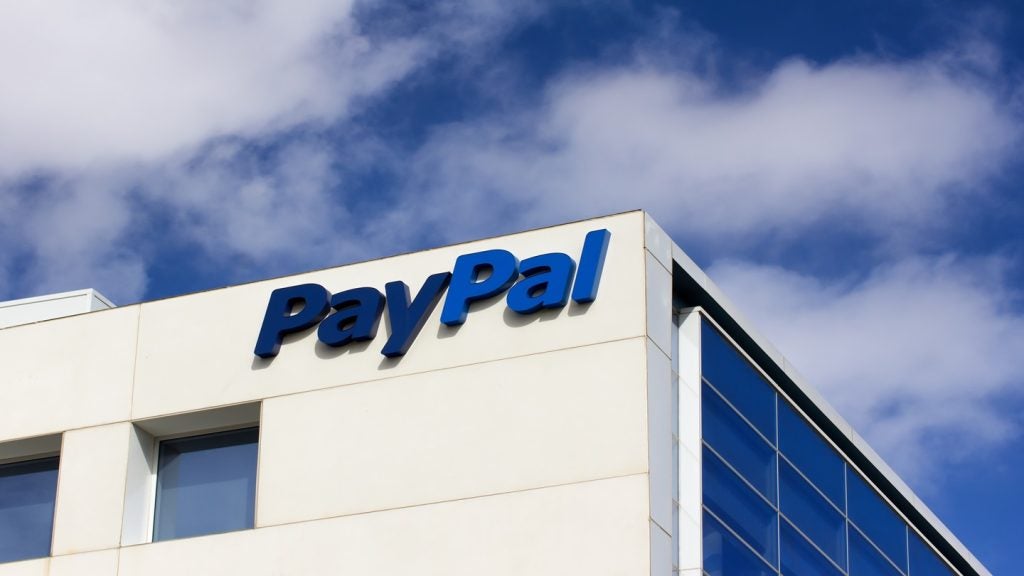now been launched, with the payments network selling 406 million
class A common stock for $44 per share, above the previously
forecasted range of $37 to $42, to raise a record $17.9 billion.
Visa expects net proceeds from the offering, after deducting
underwriting discounts and commissions and estimated offering
expenses, to be approximately $17.3 billion, providing a
significant windfall for several ailing US banks.
have been postponed amid the ongoing credit crunch, but it is
believed by numerous analysts that the company’s US bank
shareholders may have put pressure on Visa to go ahead with the IPO
after heavy losses resulting from the crisis.
from the deal and Citigroup should make $300 million. As Visa’s
largest shareholder, JPMorgan is in line to make a profit of
approximately $1.2 billion. With the uncertainty presently being
faced by the financial markets across the globe, investors rushed
to take advantage of the company’s growth potential and its lack of
exposure to the current credit meltdown.
Optimism
Following the successful IPO of rival network MasterCard, which saw
its stock value quadrupling since its 2006 offering (see CI 359),
there is considerable optimism surrounding the Visa flotation.
However, as Visa priced its IPO more aggressively than MasterCard,
some analysts believe that it is less likely that the value of its
stock will grow as dramatically in the near future. US stocks had
rallied back from a significant plunge following the near-collapse
of Bear Stearns to post their biggest one-day gains in nearly five
years the day before Visa’s 18 March debut on the trading
floor.
overall slump in US stocks, MasterCard shares have continued to do
well, rising 4.3 percent the day before Visa’s offering and gaining
almost 2 percent in after-market trading. Because neither company
is directly exposed to late payments and rising default levels on
credit cards, both Visa and MasterCard are seen as solid
investments that will ride out the current market mayhem. Because
Visa is the significantly larger organisation of the two, its
transformation into a publicly-listed company from a non-profit
member-owned business could now turn it into an even more effective
competitor to MasterCard.
turning to cards to purchase staple products such as petrol and
groceries, which has further ramped up profits at issuers. Visa
estimates that approximately 42 percent of its transactions fall
into this ‘non-discretionary’ category, a 15 percent growth since
2000.
Ongoing consumer woes
Should consumers begin to rely on credit cards more as the US
economy slows down, Visa could take an even bigger slice of this
spending. From an investor’s standpoint, this makes the company
very appealing. The company would also benefit from higher
inflation, as higher ticket size means high transaction revenues
because an important component of its revenue is the assessment fee
which is percentage-based.
How well do you really know your competitors?
Access the most comprehensive Company Profiles on the market, powered by GlobalData. Save hours of research. Gain competitive edge.

Thank you!
Your download email will arrive shortly
Not ready to buy yet? Download a free sample
We are confident about the unique quality of our Company Profiles. However, we want you to make the most beneficial decision for your business, so we offer a free sample that you can download by submitting the below form
By GlobalDatasays Gwenn Bezard, research director at payment research
consultancy Aite Group. “Whether it’s a credit or debit card, they
still process a transaction and collect fees for doing so.”
any loose ends that may potentially concern investors. Late last
year, the company settled a long-standing antitrust lawsuit filed
against it by American Express (see CI 390), and is aiming to
settle a similar case with Discover. Approximately $3 billion from
the IPO windfall will be diverted into a fund to protect investors
from any future legal claims.
stock market, which could work against it in increasingly strained
financial conditions. A widespread recession could bring down
overall spending and volume levels on debit and credit cards,
something that would negatively impinge on both Visa and
MasterCard.







